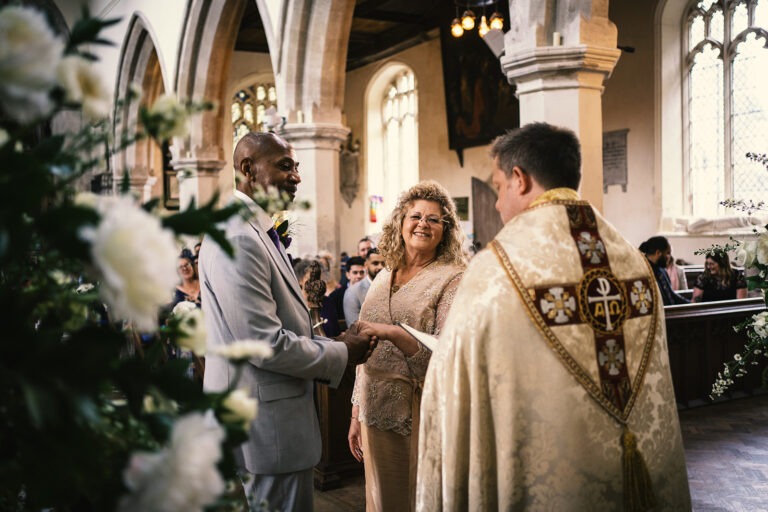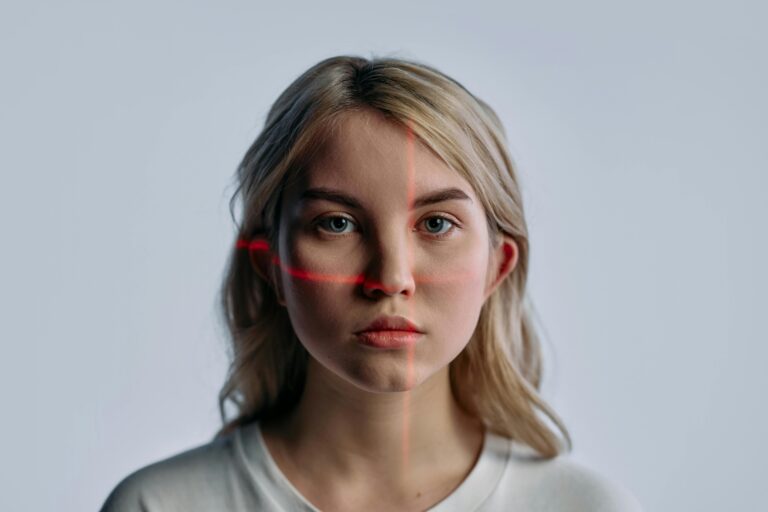Ah, social media. Love it or hate it, it’s been a game-changer for photographers. Remember when Instagram was all about stunning, carefully curated feeds? Now, it feels like an endless cycle of algorithms, reels, and trying to beat the latest trends. TikTok is the new kid on the block, stealing the spotlight with short-form video content. Facebook? Well, that one’s still hanging in there. So, in 2025, does social media still matter for photographers, or has it become more of a headache than a helpful tool?
The Good Old Days of Social Media for Photographers
Once upon a time, social media was a dream for photographers. Instagram, in particular, felt like a digital portfolio where you could showcase your best work and reach a global audience. It was simple: post great images, add some hashtags, engage with people, and watch your following grow. Many photographers built entire careers off Instagram, landing clients, selling prints, and growing their personal brands.
But fast forward to today, and things are… different. Algorithms have become unpredictable, engagement is down for many, and static images no longer reign supreme. The shift toward short-form video has left some photographers scratching their heads. Should they start making reels and TikToks? Is it still worth posting that perfect landscape shot if it only gets seen by a fraction of their audience?
Instagram: Still a Photographer’s Playground?
Instagram has been the go-to platform for photographers for over a decade, but lately, it feels like it’s prioritising video content over still images. The push for reels means that if you’re not creating motion content, your reach could be suffering. That’s frustrating when photography is, well, mostly about still images!
But Instagram still has value. Many photographers use it as a portfolio, and clients still look at Instagram profiles before booking. It’s also a great networking tool—connecting with other creatives, collaborating on projects, and engaging with brands. The key? Adapting. If you’re only posting photos and expecting the same engagement from five years ago, you’ll be disappointed. But if you embrace reels, stories, and carousel posts, you might still see growth.
TikTok: The New Frontier for Photographers?
TikTok might not seem like the obvious choice for photographers, but it’s exploded as a marketing tool. It’s less about polished, perfect images and more about storytelling, personality, and behind-the-scenes content. Photographers who share editing tutorials, gear recommendations, and time-lapse processes are thriving on TikTok.
And the best part? Organic reach is still strong. Unlike Instagram, where getting discovered feels like winning the lottery, TikTok’s algorithm makes it possible for even small accounts to go viral. If you’re willing to step in front of the camera and show your process, TikTok could be a goldmine for growing an audience.
Facebook: Still Relevant or a Waste of Time?
Ah, Facebook. It’s not the powerhouse it once was, but it’s not completely dead either. For photographers, Facebook business pages don’t get much organic reach anymore, but Facebook Groups? That’s where the magic happens.
Photography-related groups can be a fantastic place to connect with potential clients, get feedback on your work, and even find job opportunities. Wedding photographers, in particular, often book clients through local Facebook groups where engaged couples are looking for recommendations. While Facebook isn’t as flashy as TikTok or Instagram, it still holds value—just in a different way.
YouTube: A Photographer’s Secret Weapon
YouTube is often overlooked by photographers, but it might just be one of the best platforms out there. It’s not just a social media site—it’s a search engine. That means your content has a longer shelf life than an Instagram post that disappears in a day.
Photographers who create tutorials, gear reviews, or behind-the-scenes vlogs can build an audience that keeps growing. Plus, YouTube monetisation is far better than other platforms. If you’re comfortable with video content and have knowledge to share, YouTube can be a fantastic way to expand your brand and make some extra income.
The Downsides of Social Media for Photographers
While social media has its perks, it’s not all sunshine and viral reels. Many photographers feel burnt out trying to keep up with constantly changing algorithms. There’s pressure to post consistently, engage with followers, and now—on top of that—make video content.
Then there’s the issue of ownership. When you post on Instagram or TikTok, you don’t own that platform. Your reach depends on an algorithm, and your account could be restricted or deleted overnight. That’s why many photographers are focusing on building their own websites, email lists, and print sales instead of relying solely on social media.
So, Is Social Media Still Worth It?
It depends. If you’re willing to adapt, social media can still be a powerful tool for photographers. Instagram, TikTok, and YouTube all offer unique ways to grow an audience, showcase your work, and attract clients. But if you find yourself frustrated by declining engagement and algorithm changes, it might be time to shift your focus.
Many photographers are diversifying—using social media as just one piece of their marketing strategy instead of relying on it entirely. A strong website, direct email marketing, and in-person networking can be just as effective, if not more so, in building a sustainable photography business.
Final Thoughts: Adapt or Move On?
Social media isn’t what it used to be, but that doesn’t mean it’s useless. The key is to approach it strategically. If you’re still posting the way you did five years ago and expecting the same results, you’re going to be disappointed. But if you evolve with the platforms—embracing video content, engaging storytelling, and multi-platform presence—you can still find success.
At the end of the day, social media is just a tool. Whether or not it’s worth it depends on how you use it. So, should photographers still invest time in social media? If it’s working for you—yes. If it’s burning you out and yielding little return—maybe it’s time to rethink your approach.
Keywords for SEO:
- Social media for photographers 2025
- Best social media platforms for photographers
- Instagram vs TikTok for photographers
- Is Instagram still good for photographers?
- Should photographers use TikTok?
- How photographers can grow on social media
- Social media marketing for photographers
- Best ways to promote photography online
- Instagram algorithm for photographers
- TikTok photography trends
- Social media strategies for photographers
- How to get photography clients on social media
- YouTube for photographers
- Facebook photography groups
- How to adapt to social media changes
- Best marketing strategies for photographers
- Photography business and social media
- How to use reels for photography
- Social media burnout for photographers
- Alternatives to social media for photographers





